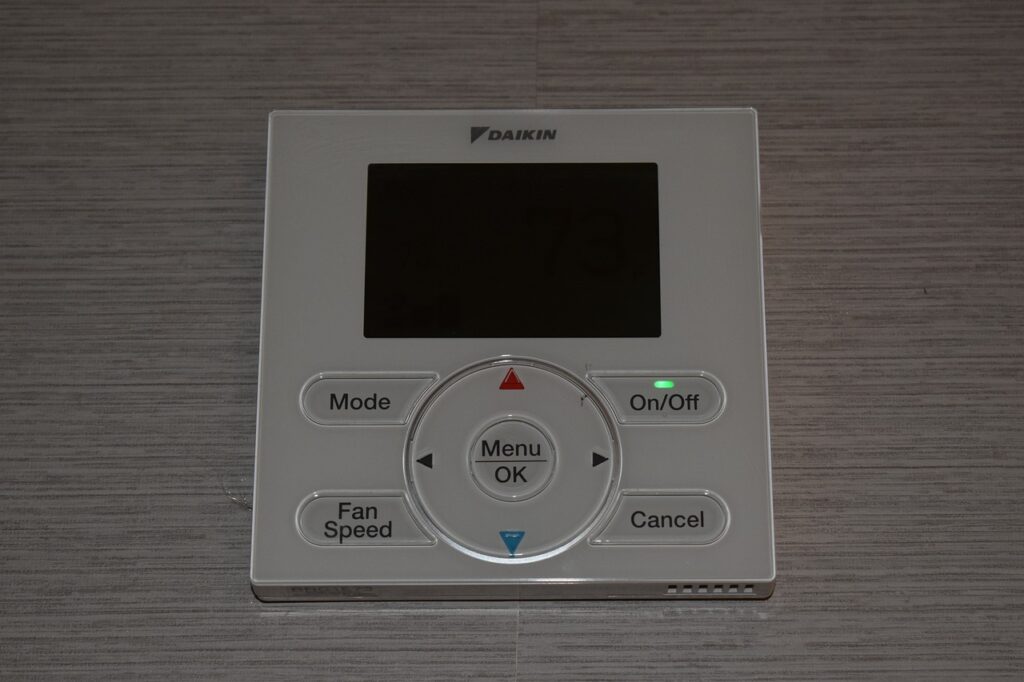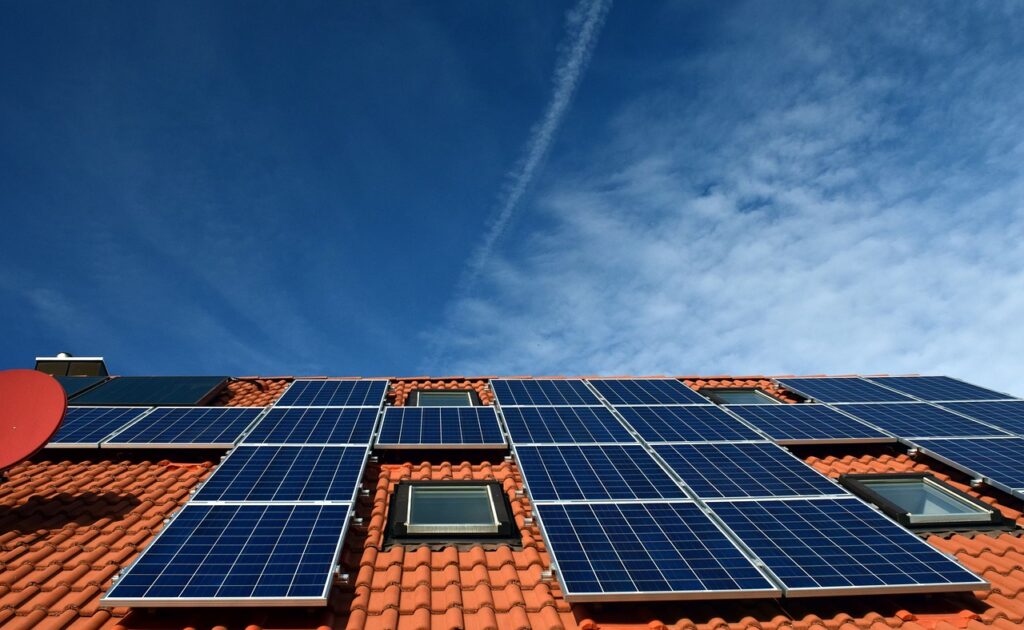Energy efficiency is crucial not only for reducing utility bills but also for minimizing environmental impact. By implementing simple yet effective home energy efficiency hacks, you can create a more sustainable and comfortable living space. Let’s explore some practical strategies to boost your home’s energy efficiency.
Seal and Insulate
One of the fundamental steps to boost your home’s energy efficiency is to seal air leaks and properly insulate your living space. Gaps and cracks in windows, doors, walls, and ductwork can lead to significant energy loss. By identifying and sealing these openings, you can prevent conditioned air from escaping and reduce the workload on your heating and cooling systems.
Insulating your home’s walls, attic, and basement also plays a crucial role in maintaining a comfortable indoor temperature year-round. Proper insulation helps regulate indoor temperatures, reducing the need for constant heating or cooling. Consider using materials like fiberglass, cellulose, or foam insulation to maximize energy efficiency.
Upgrade to Energy-Efficient Appliances
Older appliances are often less energy-efficient compared to their modern counterparts. If your appliances are outdated, consider upgrading to ENERGY STAR-rated models. These appliances are designed to consume less energy while delivering the same level of performance. From refrigerators and washing machines to dishwashers and HVAC systems, upgrading to energy-efficient appliances can lead to significant energy savings over time.
Utilize Smart Thermostat
A smart thermostat offers advanced features that enable precise control over your home’s heating and cooling systems. By programming temperature settings based on your schedule and preferences, you can optimize energy usage and reduce waste. Smart thermostats also provide insights into your energy consumption patterns, allowing you to make informed decisions to further enhance efficiency. Using these in conjunction with your energy provider can help minimize costs by avoiding peak times as well.

Harness Solar Power
Solar energy is a renewable and sustainable source of power that can help reduce reliance on traditional grid electricity. Installing solar panels on your roof allows you to generate clean energy to power your home. Additionally, solar water heaters can heat water using sunlight, further reducing energy consumption. While the initial investment may seem daunting, the long-term savings and environmental benefits make solar power an attractive option for many homeowners.

Optimize Lighting
Lighting accounts for a significant portion of household energy consumption. By switching to energy-efficient LED bulbs, you can reduce energy usage and lower utility bills. LED bulbs consume less electricity and last longer than traditional incandescent bulbs, making them a cost-effective lighting solution. Additionally, make the most of natural light during the day by opening curtains and blinds to brighten your home without turning on lights unnecessarily. Installing motion sensors in key areas can also help save energy by automatically turning off lights when rooms are unoccupied.
Practice Energy-Conscious Habits
In addition to implementing energy-saving upgrades, adopting energy-conscious habits can further enhance your home’s efficiency. Simple practices like turning off lights when leaving a room, unplugging electronics when not in use, and using appliances efficiently can make a significant difference in energy consumption. Encourage your family members to participate in energy-saving efforts to maximize impact.
Conclusion
Putting the effort in to boost your home’s energy efficiency is a proactive step towards reducing environmental impact and saving money on utility bills. By sealing air leaks, upgrading to energy-efficient appliances, utilizing smart technology, harnessing solar power, optimizing lighting, and practicing energy-conscious habits, you can create a more sustainable and comfortable living environment for yourself and future generations.
FAQs
Q: How much can I save by implementing these energy efficiency hacks?
A: The amount you can save depends on various factors such as the size of your home, current energy usage, and the efficiency of the upgrades. However, many homeowners experience significant reductions in energy bills after implementing these strategies.
Q: Are there any government incentives available for energy-efficient upgrades?
A: Yes, various government programs offer incentives, rebates, and tax credits for energy-efficient home upgrades, including solar installations and appliance replacements. Check with your local utility provider or government agency for available incentives in your area.
Q: Can I install solar panels on my home if I live in a cloudy area?
A: While solar panels perform best in areas with abundant sunlight, they can still generate electricity in cloudy or overcast conditions. However, the overall efficiency may be slightly lower compared to sunny regions.
Q: How do smart thermostats help save energy?
A: Smart thermostats allow you to program temperature settings based on your schedule and preferences, ensuring that your heating and cooling systems operate efficiently. They also provide insights into your energy usage patterns, helping you identify areas for further optimization.
Q: What are some other ways to improve home energy efficiency?
A: In addition to the strategies mentioned, you can also consider upgrading to energy-efficient windows, installing ceiling fans for better air circulation, and investing in energy-efficient landscaping to provide natural insulation.